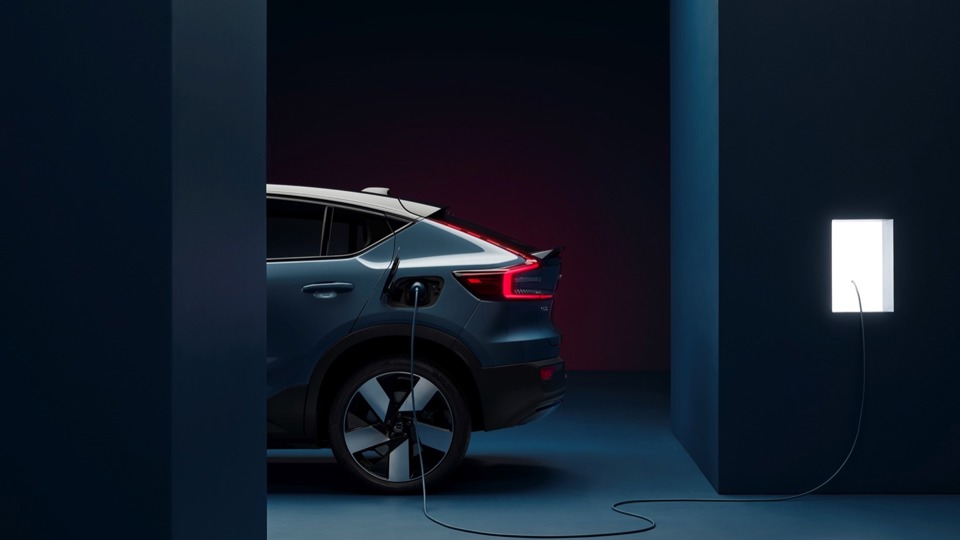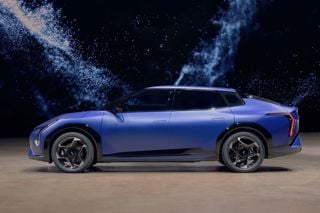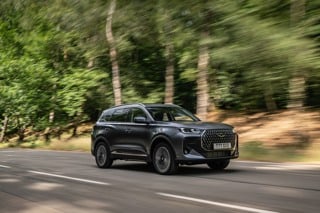Volvo Cars has changed its electrification and carbon reduction goals, going back on its original plan to become a fully electric car manufacturer by 2030.
Citing challenges in the broader automotive market's shift to electrification, Volvo's revised strategy allows up to 10% of sales to include mild-hybrid vehicles - with electric and plug-in hybrids making up the remainder of the mix.
In line with the new goal, Volvo has announced an updated version of its XC90 SUV. The car was originally destined to be replaced by the electric EX90.
Jim Rowan, CEO of Volvo Cars, stated: "We are firm believers in an electric future. Electric vehicles offer a superior driving experience and enable the use of advanced technologies that enhance the customer experience.
“However, it's clear that the path to full electrification won't be straightforward, with varying rates of adoption across different markets. We remain pragmatic and flexible, while still leading the industry in electrification and sustainability."
Initially set in 2021, Volvo's goal was to transition entirely to electric vehicles (EVs) by 2030, eliminating internal combustion engines (ICEs) from its lineup, including hybrid models.
However, in the latest update, the company cited several factors hampering its progress. These include slower-than-expected expansion of charging infrastructure, the reduction or removal of government incentives in certain markets, and uncertainties introduced by new tariffs on EVs.
Under the revised goals, Volvo now aims for 90% to 100% of its global sales to consist of "electrified cars," which includes fully electric vehicles and plug-in hybrids, with the remaining 10% being mild hybrids.
By 2025, the company expects electrified vehicles to account for 50% to 60% of sales, a shift from the 2021 goal of achieving 50% fully electric sales by that year. As of Q2 2024, fully electric cars represented 26% of Volvo's sales, while EVs and plug-in hybrids combined accounted for 48%.
Volvo said it remains committed to having a complete lineup of fully electric vehicles 'well before the end of this decade', positioning the company to fully embrace electrification as market conditions allow.
In light of these changes, Volvo has also revised its interim carbon reduction targets. The new goals include reducing CO2 emissions per car by 65% to 75% by 2030, based on 2018 levels, down from the previous 75% target, and achieving a 30% to 35% reduction by 2025, compared to the earlier 40% goal.
Despite these adjustments, Volvo is maintaining its long-term commitment to reaching net-zero greenhouse gas emissions by 2040.






















Login to comment
Comments
No comments have been made yet.